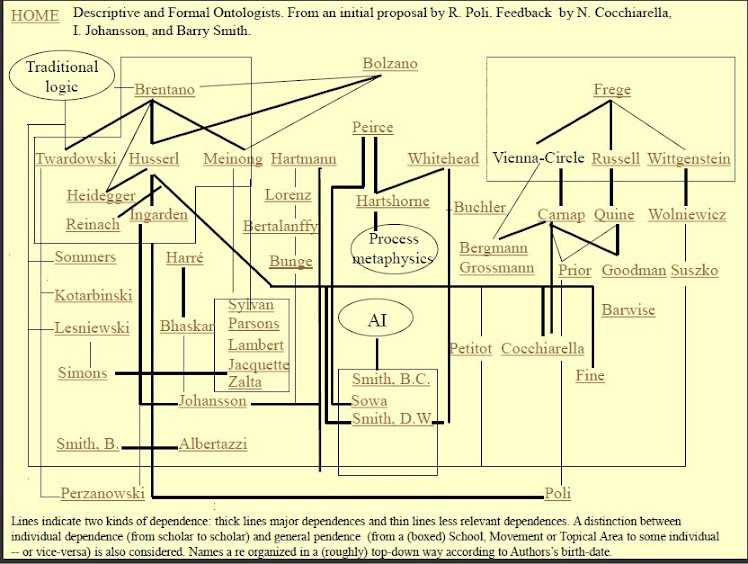"ABSOLUTIVITY" REPLACING RELATIVITY
Science on the large scale, that is science dealing with the fundamentals of reality and the universe, has always had and still has a major effect on the non-scientific - social - general philosophic thinking of that science’s society and its leaders.
The beginning of the scientific method and the work of scientists such as Copernicus and Galileo resulted in the new period of "The Age of Reason" and "The Enlightenment" – rationality and empiricism replacing dogma and faith.
The new developments that Newton introduced led directly to the concept of the "clockwork universe" and the strong belief in laws, order and regularity.
And, Einstein’s theory of relativity coupled with the 20th Century’s attribution of actual uncertainty or indeterminism to all physical objects, an extension far beyond the original valid Heisenberg Uncertainty of measurement due to the act of measuring changing the object measured, resulted in our contemporary outlook of a probabilistic reality with no certainty, everything relative with no firm truths, upon which we can lay some of the responsibility for the horrors and tragedies of the 20th Century.
How is that so ?
In general, a statement and its contradiction cannot be simultaneously true. Therefore, there are some absolute truths. Thus there is absolute truth, which is the collective body of absolute truths.
Not all statements are absolute truths. Aside from error, which by definition is not true, there is opinion. For example:
· Some people state their liking for candy; some their dislike. It is a matter of opinion.
· But, the statement "Some candy has properties that appeal to some people" is an absolute truth.
The point of view that the questions, "What is truth ?" and "What is real ?" are meaningless questions without answers is not only incorrect but quite negative and harmful in that it suppresses inquiry and progress that could otherwise take place.
Truth is that which conforms to and describes reality. Reality is that which is, not only matter and energy in their various forms but also: feelings and emotions, ideas and cultures, languages and arts, and so forth.
Whether we can know, sense, measure, or understand some aspect of reality or not it still, nevertheless, is.
Its being does not depend on our consent nor our observation nor our understanding of it, nor even our own being. We are not gods.
The problem is not whether there is absolute truth or not -- there is. The problem is finding out, coming to know, what the absolute truth is, what is true and what is not. Just what is the "real" reality.
This problem has beset mankind since the earliest stages of the development of our reasoning. It has resulted in a more or less collective decision to grant equal validity to a number of different versions of the truth in spite of their being mutually contradictory.
Not that individuals, organizations and governments hold the opinion that their own version of the truth is not correct. Rather, they ardently believe in the correctness of their own views. But, their inability to prove their views and their inability to defeat differing or opposing views necessitates their getting along in some fashion with those other views and the multiplicity of contradictory views of reality.
That state of affairs has existed for so many human lifetimes that it has essentially implanted in our collective and individual thinking the incorrect belief that there is no absolute truth, that truth is what we say it is -- especially that truth is what we can enforce it to be.
We have gone from inability to determine the truth to non-belief in its existence and then to belief that truth, and reality, are whatever we choose to believe them to be and can force on our fellows.
The most significant characteristic of the 20th Century, other than its explosion of technology, has been its adoption of the attitude that truth is different for each person and each case, that it is what each individual perceives it to be -- that there is no objective reality, only the subjective reality as perceived by each individual -- that all is relative.
The great damage that such thinking does is the license that it gives. It gives license to create, choose, decide upon one's own "reality" and then act accordingly. Such thinking ultimately gives us war, rapine, holocausts.
But, if there is an absolute reality, objective truth, then, even if we are not able to completely know and understand it, we are subject to it. We are measured and judged by it; we experience the effects and consequences of it whether we agree and approve or not, and we feel compelled to behave accordingly.
Thus absolute reality and objective truth,
which indeed exist,
also are desirable and beneficial.
They are, in fact, essential to civilized society.
which indeed exist,
also are desirable and beneficial.
They are, in fact, essential to civilized society.
And, that is the beneficial result of Absolutivity replacing Relativity.
